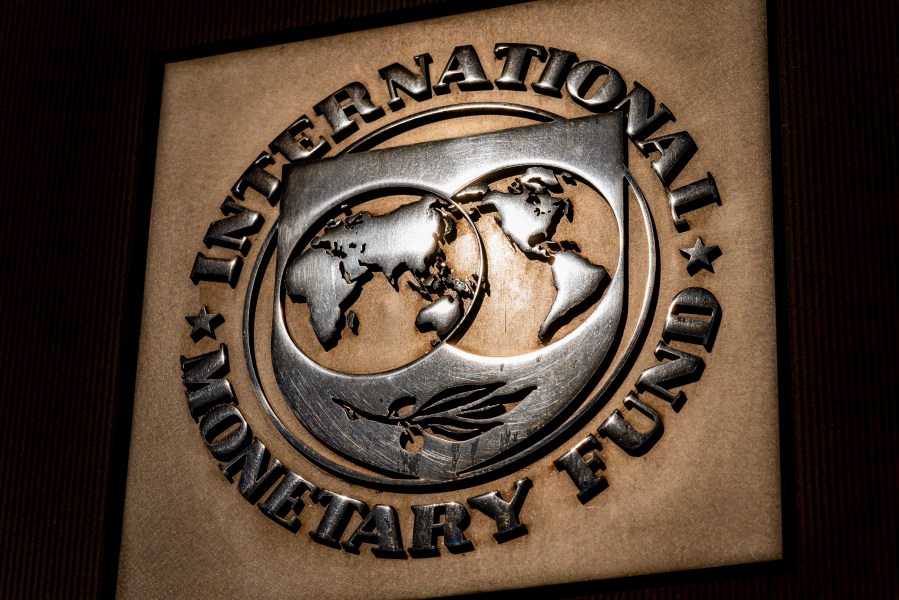
The International Monetary Fund (IMF) is warning that the world economy will likely face a “painful transition” as artificial intelligence (AI) pushes “large swaths” of people out of work for extended periods.
“New generative-AI technologies hold immense potential for boosting productivity and improving the delivery of public services, but the sheer speed and scale of the transformation also raise concerns about job losses and greater inequality,” the IMF wrote in a Monday blog post.
In an accompanying paper released Monday, the agency argued that countries should strengthen their social safety nets and invest in education and training to help workers adjust amid the AI transition.
“Adequately distributing the gains and opportunities is necessary not just to protect the vulnerable and ensure social cohesion, but also to fully harness the opportunities presented by gen AI,” the paper reads.
“By offering financial support during unemployment, promoting new skills acquisition, and creating a safety net, social protection systems can help individuals adapt to job market changes,” it continues.
The IMF paper also suggested that nations reconsider corporate tax incentives that encourage rapid labor displacement, increase taxes on capital income to mitigate rising inequality and levy taxes to offset carbon emissions from energy-hungry AI servers.
Following the massive success of OpenAI’s ChatGPT tool, major tech companies, like Google and Meta, have raced to release their own AI models, fueling the rapid development of the technology.
More than a third of U.S. workers worry that AI will reduce their hours or salary or cost them their jobs entirely, according to a pair of YouGov surveys released in April. Some 36 percent said they are concerned AI will take over their jobs, and another 43 percent think the technology will reduce the number of jobs in their industries.













